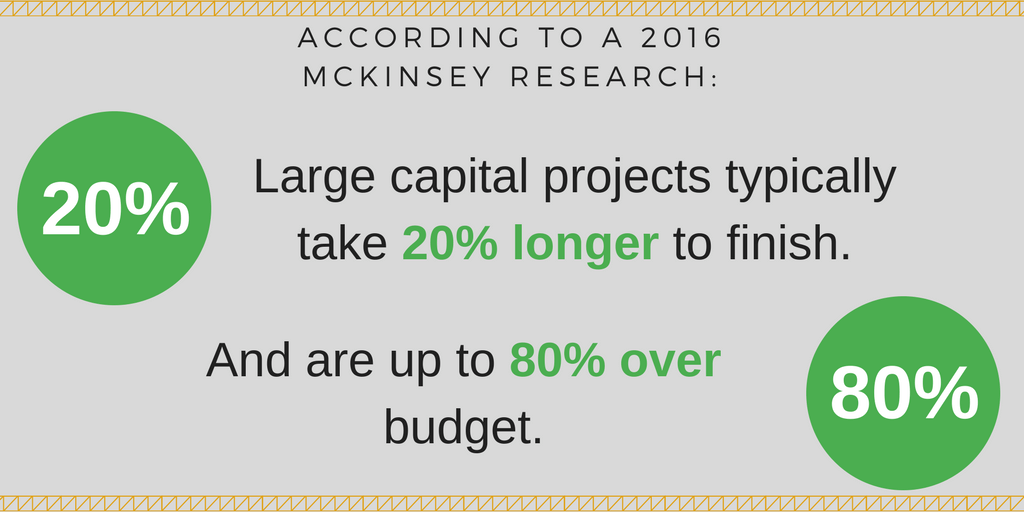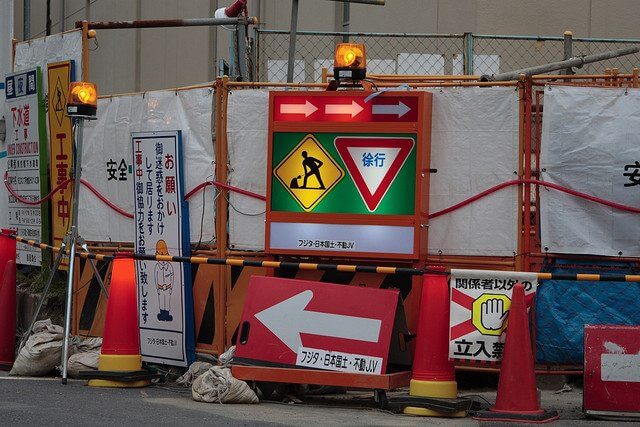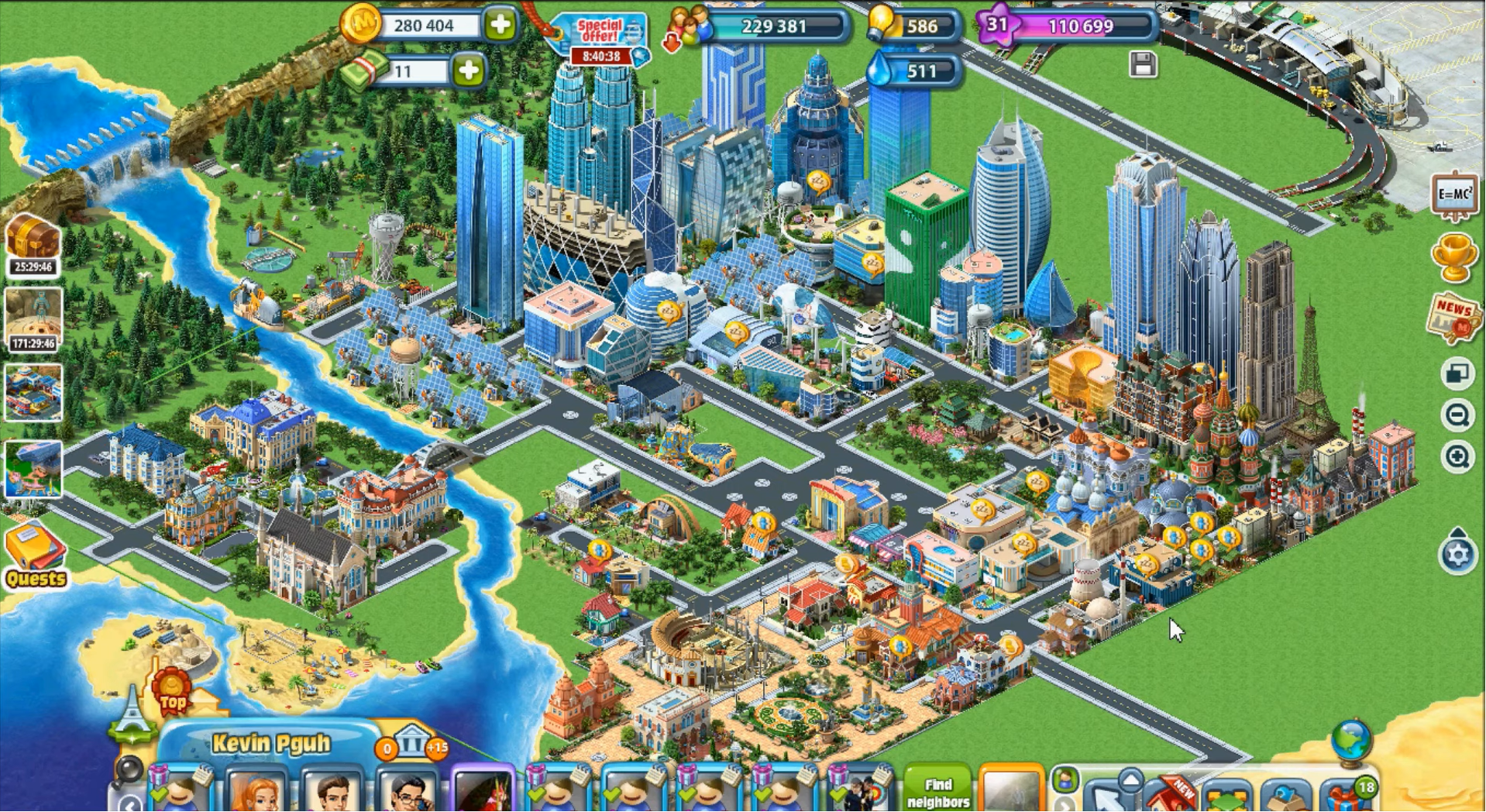A construction management software is a specific project management application with capabilities to plan, organise, and manage resource tools for all types of construction projects. Depending on the brand and developer, the software can do a combination of things from budget management and planning, scheduling, cost control, collaboration and communication, quality management, documentation and reporting, and decision-making. Today, there are numerous web and mobile construction management software finding applications in every type of construction projects in all types of industries.
Why you need to go digital
Traditional construction practices are costly and inefficient. In fact, with large projects, the industry fails to deliver on time and usually spends over the budget without meeting project specifications. Software solutions have been developed specifically for the industry but less than 1% of the sector’s revenues are being spent on them. The industry’s unhurried need to adapt to new technology has been steadily declining financial returns for contractors.

Good project management skills rely on a strong foundation. Aside from your project’s actual ground foundation, construction management software solutions give you a strong technology-based footing that has similar long-term impacts for your company. A good software solves all the traditional construction problems as it streamlines your processes and gives a clear direction to your project. Construction management apps address the most common construction issues and aim to make collaboration easier and more transparent. A construction management software will make a huge difference in your team’s productivity and delivery.
Selecting the right software for you
To get the best possible construction management software for you, we’ve compiled some useful tips you should consider to make sure you get the solution that will help you ultimately achieve your project objectives.
How to find the best digital software for your construction company
Most construction management software companies offer a trial on their app. Always ask for a trial on any software you are interested in. Our advice is to try all the software you are interested in and compare. Getting a trial run for you and your team will help you figure out what you want in a software and ultimately guide you to make a good decision.
3 Questions to help define your goals with a software
You should spend some time introspecting what you really need from a software and why you need one. Every company has different construction management needs. It is important to understand what your goals are and what you need. Here are three questions we think you should ponder on:
- What are you looking to accomplish with a software?
- What prompted you to start looking for a new tool?
- What expectations do you and your team have with a new tool?
3 Quick steps to understand which features you deed (And which ones you don’t
- Write down the 20 most important features you think you need. Do you have particular features you require in a software?
- Is it able to manage your documents and make information easily shareable with your stakeholders?
- Is it capable of materials management?
- Does it allow you to easily manage your team?
- Is it able to manage customer relationship?
- Is it capable of budget planning and management?
- Does it allow effective communication and collaboration among your team members and stakeholders?
- Can you use it to track equipment?
- Can you use it to track activities?
- Can you use it for scheduling?
- Is it able to generate accurate reporting?
- Can you use it for bidding?
- Is it capable of capturing images and information?
- Can you use it for various logging?
- Can it do accounting and financials as well?
- How about surety bonding?
- Can it do job costing?
- How about job scheduling?
- Does it have an inventory system?
- Is it secure?
- Is it capable of system integration?
- Now that you’ve written down all the things you think you might need in a tool, review your list and encircle your top five.
- Evaluate your potential tools.
8 things to consider when evaluating a construction tool
After coming up with your top five tools, evaluate them using the following:
1. Team collaboration tools
Find a construction management software that has genuine collaboration capabilities that can be used by everyone at the same time, in real time. If sharing ideas and working together are made easy, you benefit from a true team effort that allows you to maximise your team’s different skill sets. Real-time universal data yields better outcomes and risk management. Smooth real-time collaborative work increases document turnovers and reduces staff time.
2. Analytics and reporting
Invest in an app with which you can effortlessly capture, process, and issue information with photo attachments on your plan minus the hassle of long admin hours. The ability to generate and distribute clear and detailed reports to the whole team and the subcontractors, increases efficiency and overall productivity. Additionally, an app that collects all your information in your dashboard, allows you to quickly drill down on recurring issues and pin down areas of improvements in real time.
3. Security
It is important that the software you choose protects and encrypts your data. Find a construction management solution that respects the fact that your data will always be yours.
4. Training
A good software comes with an intuitive interface that allows you to click along and carry on managing your project. The best software, however, has both an intuitive interface and gives you access to continuous free and thorough training as you adapt along to the multiple features and levels of how the app is used. Ideally, the perfect software could be easily used right away by everyone on the team but offers in-app training and webinars.
5. Customer support
A professional software company is only as good as their customer service. Find a software provider that would go beyond to meet your needs. Only settle for a software whose customer support encourages you to work with them to find ways of customising the software for your specific needs.
6. Integration
You would want a construction management software that integrates with other systems and processes you already have in place. For example, a construction management app that integrates easily with Excel. An integration like this would effortlessly link your Excel spreadsheets to your digital built environment. It may not sound a lot but it will actually make work easy for you and save lots of time in the long run.
7. Scalability
A good software always gives you an option to customise your software if needs are. Maybe you will need to add features that are specific to your company and business. FInd a software solution that focuses on your needs.
8. Pricing
When it comes to construction management software, there is not a huge difference from one provider to the next. What you have to be aware of is if you are getting true value for your money.
The best way to figure out if a software works for you and everyone on your team is to get a trial run. Find your software candidate and test it on a real project. Then, you can have a solid opinion on how well it works for you, and if not, help you figure out what you want in a software. For an overall guide to improving construction productivity on the jobsite, why not download our free ebook?




